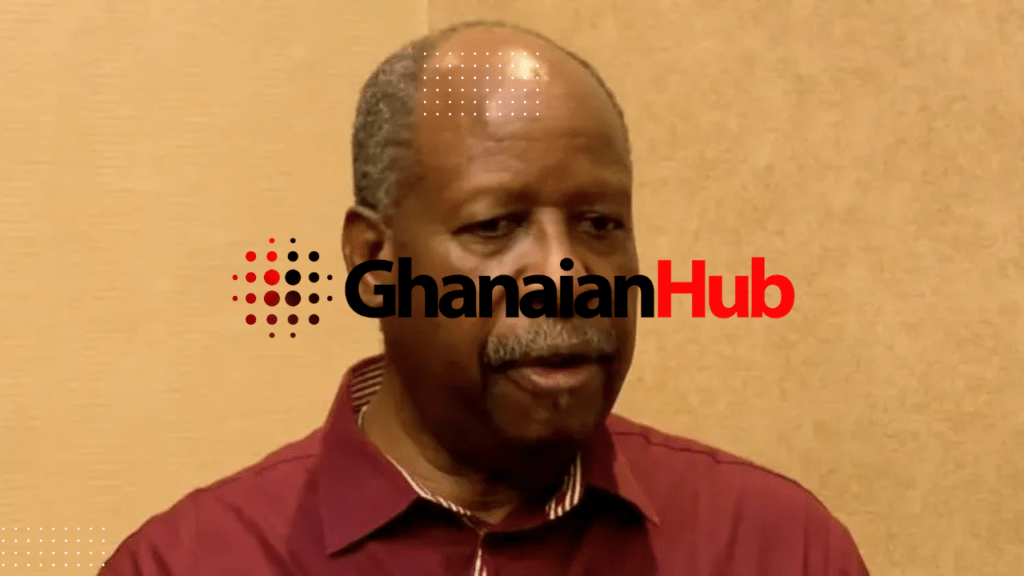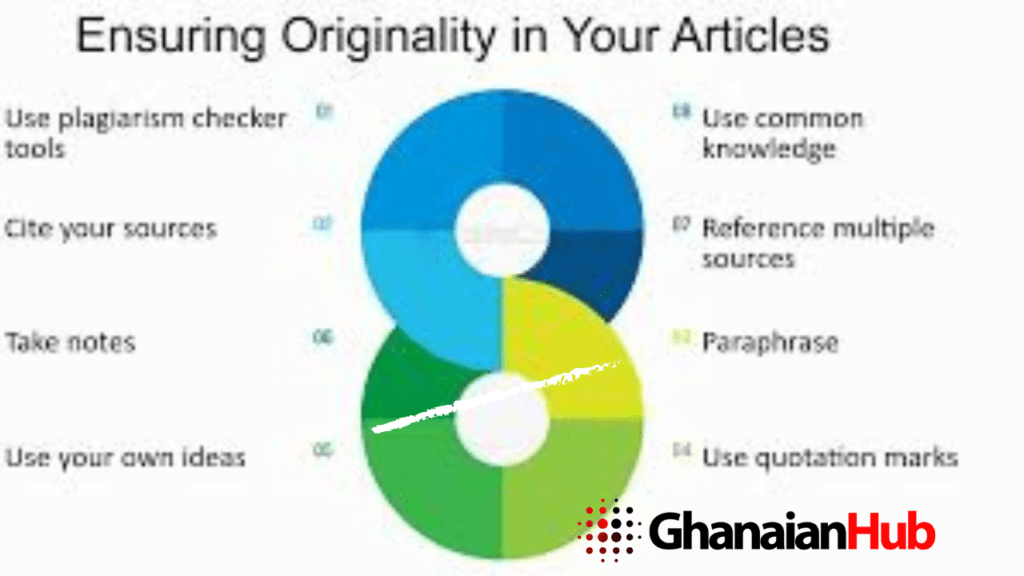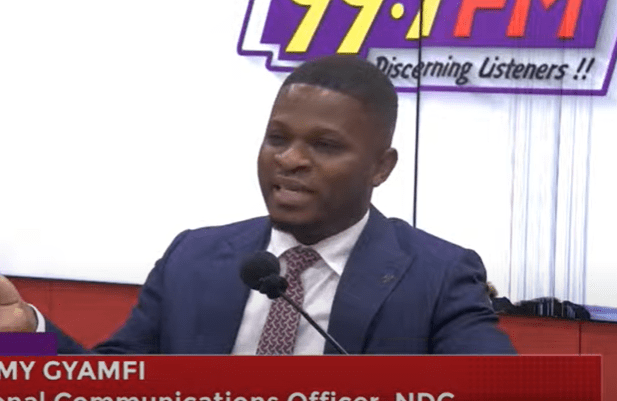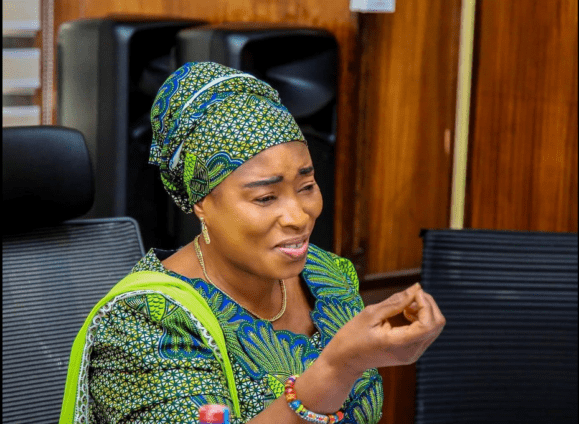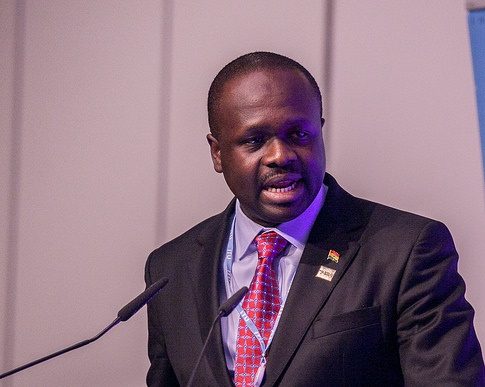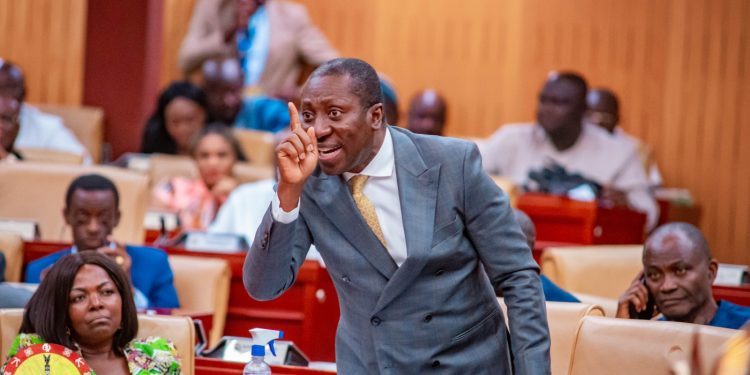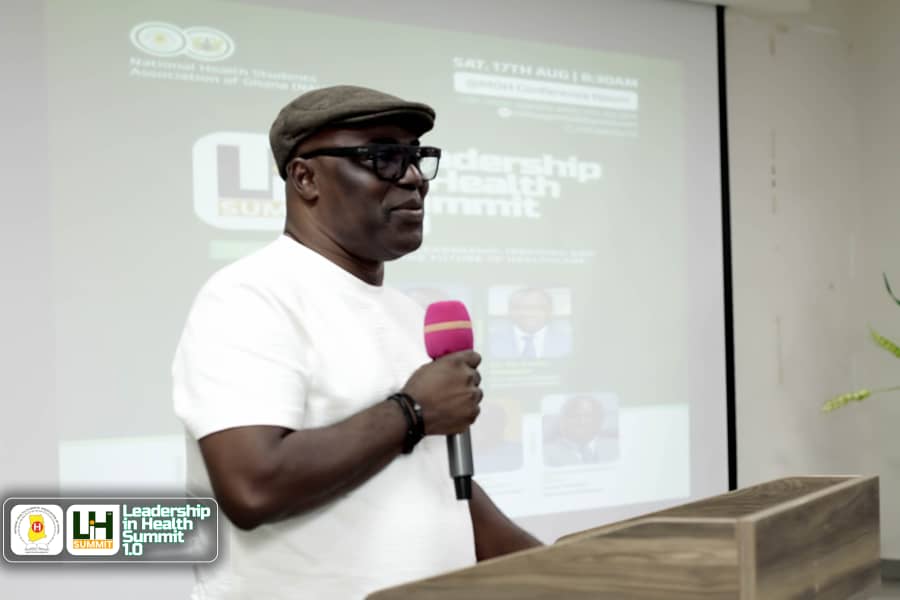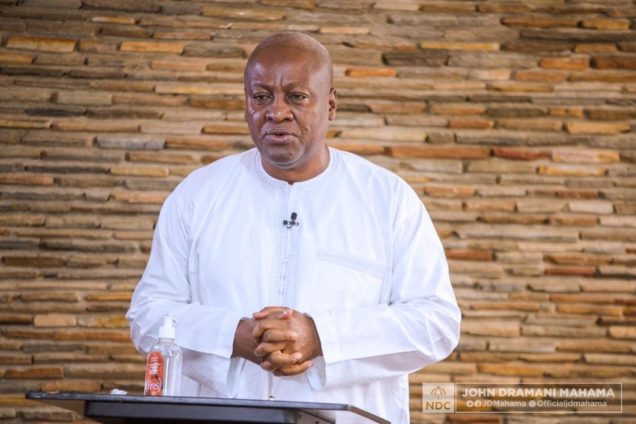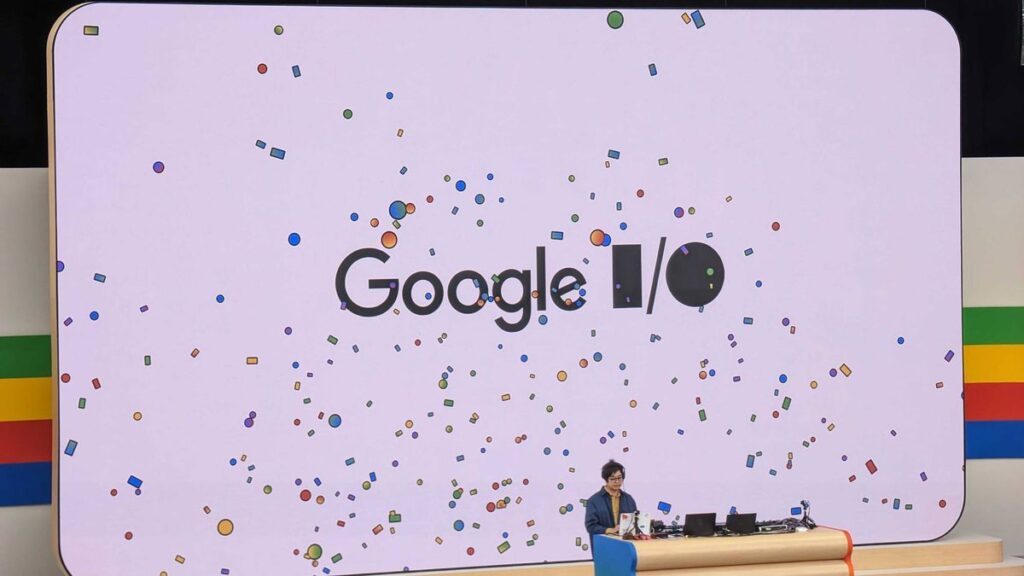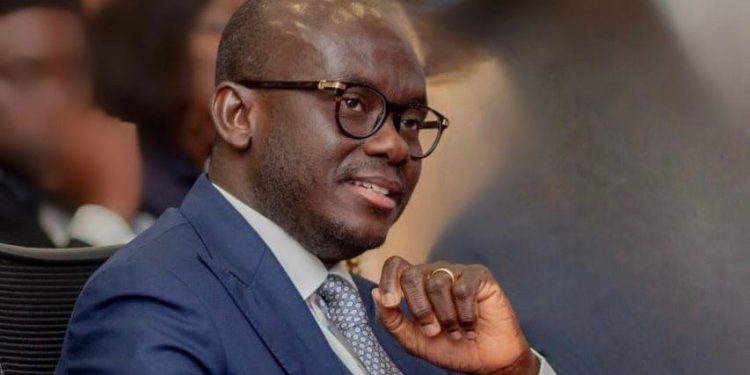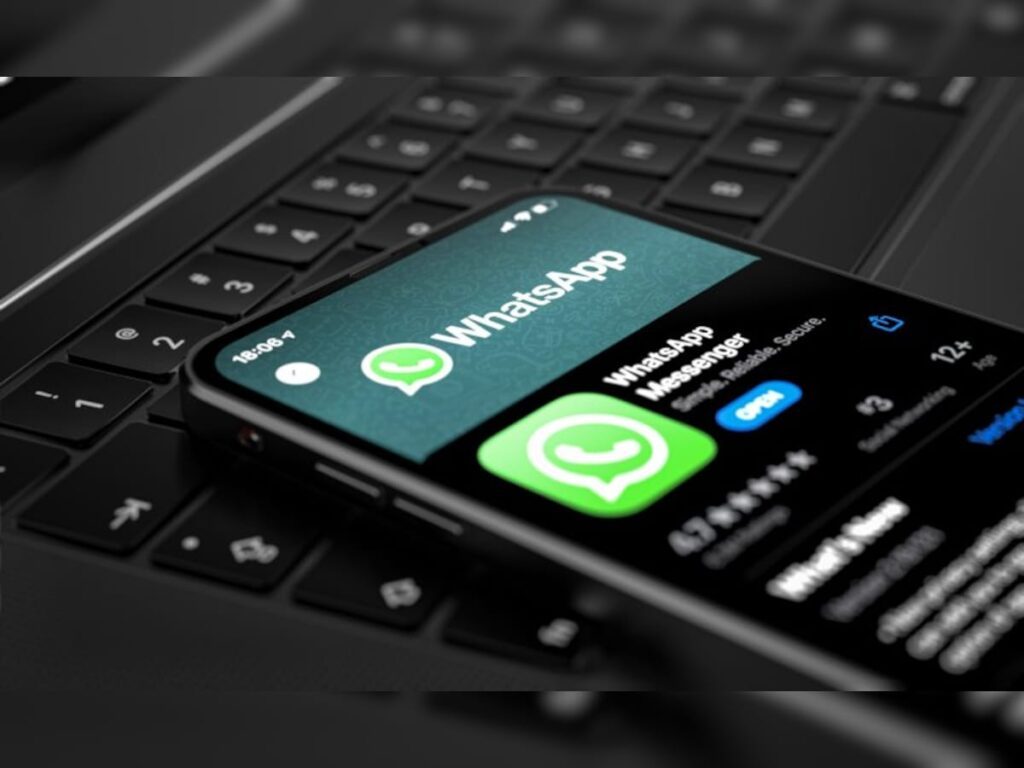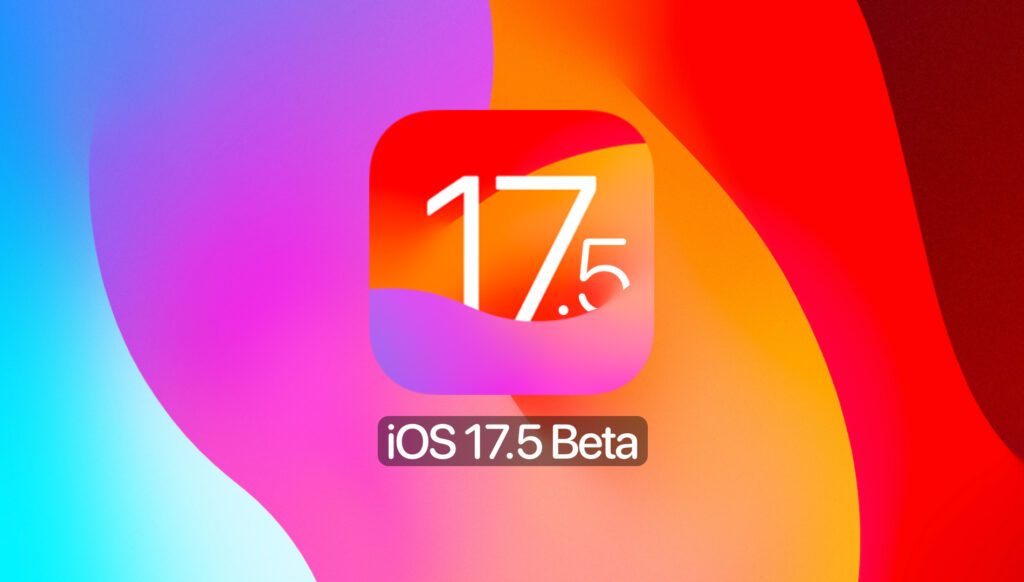Impulsive Communication: A Growing Concern Among Ghanaian Youth on Social Media

Impulsive communication, characterized by speaking without considering the consequences, frequently involves interrupting others or making inappropriate and irrelevant remarks.
This behavior can significantly affect social interactions, leading to misunderstandings, conflicts, and feelings of frustration or exclusion.
The rise of social media as a platform for youth expression has also brought concerns about the impulsive nature of online comments, including offensive or disrespectful remarks. In Ghana, this trend is raising questions about whether impulsive communication is becoming the norm among young people online.
Impulsive Communication: A Worrying Trend
Social media in Ghana is witnessing an alarming increase in impulsive and disrespectful remarks from young users. This behavior is sparking debates about whether it represents a broader shift in communication styles within the digital space.
Rhesa Anokye, a social media expert, explains that the fast-paced nature of some platforms often encourages impulsivity, resulting in the use of offensive language and insults. “The speed at which we interact on these platforms leaves little room for thought, which can result in hurtful comments that users might later regret,” she notes.
Long-Term Consequences of Impulsive Behavior
The repercussions of impulsive communication on social media can extend beyond the digital world. Samuel Ntiamoah, a nurse, emphasizes that such behavior may have lasting effects, particularly when it comes to employment. “A lot of these comments don’t disappear. They resurface, and that can harm future job prospects,” he warns.
The Positive Side of Social Media
Despite the concerns, some young people acknowledge the positive aspects of social media, noting that while there are benefits, responsible usage is essential. “Social media has its positives, but if misused, it can lead to unexpected negative outcomes,” said one respondent.
Anokye also cautions against the lasting impact of impulsive communication online. “What you say today could come back to haunt you. The internet never forgets,” she stressed, underscoring the potential risks of rash comments in a digital age where information is permanently accessible.
Addressing the Issue: Education and Awareness
To combat the growing issue of impulsive communication among the youth, Nana Kwasi Gyan-Apenteng, former Chairman of the National Media Commission and Apagyahene of Akyim Ati in New Tafo, suggests integrating social media education into school curriculums. With his extensive experience, he advocates for ensuring children understand the potential benefits and dangers of social media from an early age. “Those who insult on social media are often the same in real life. It’s part of their nature. The best way to address this issue is through awareness campaigns, much like the one you’re promoting,” he said.
A Call for Responsible Online Communication
As young people continue to dominate social media spaces, it is crucial for individuals to carefully consider their words and actions online. The central question remains: are their words building a stronger, more positive community, or are they contributing to its destruction?
Addressing the problem of impulsive communication requires a multi-faceted approach involving education, awareness, and responsible online behavior. The youth need to be mindful of the potential long-term consequences of their digital footprint and recognize the power of words in shaping both personal and collective experiences online.


 English
English 














